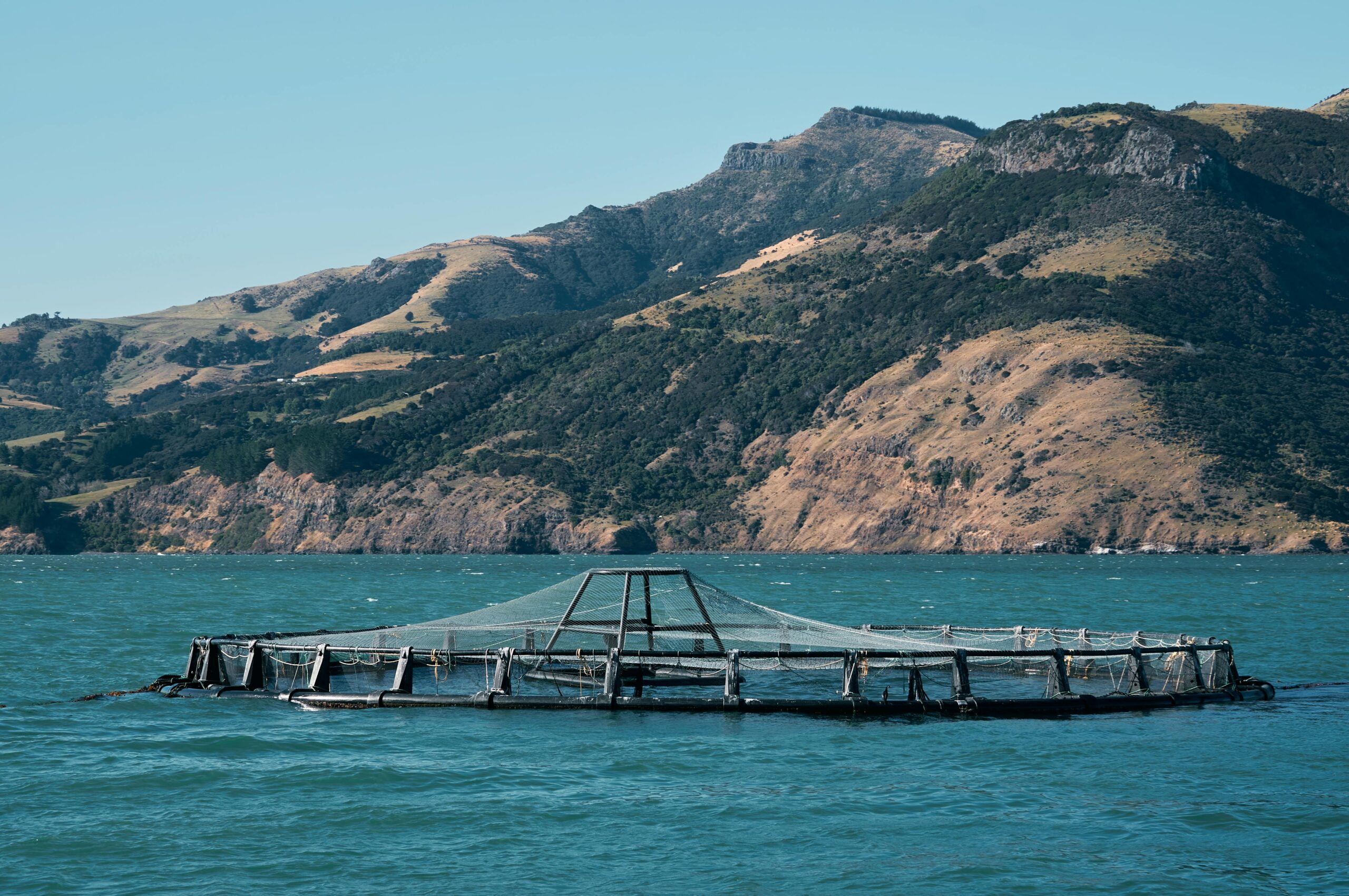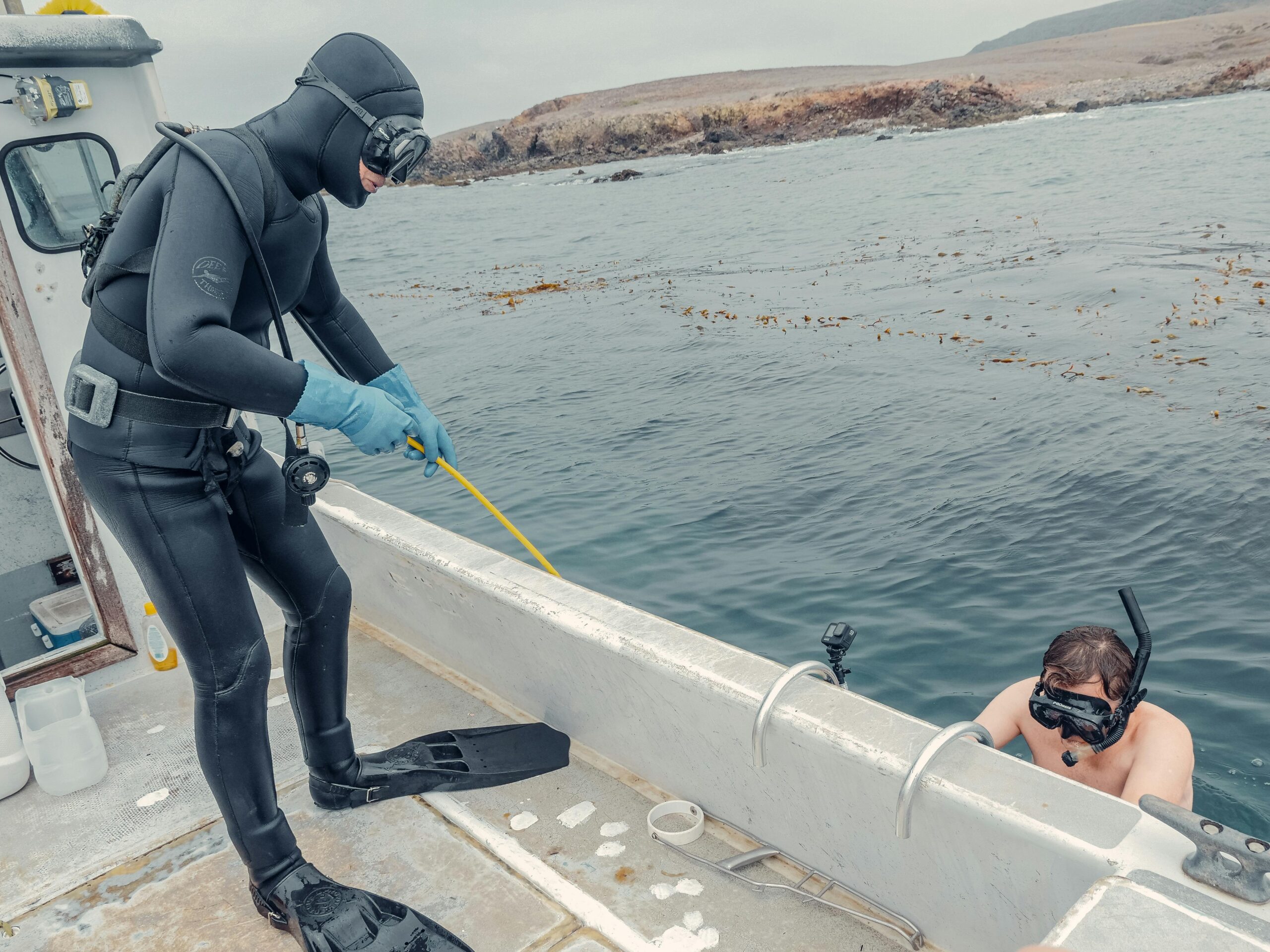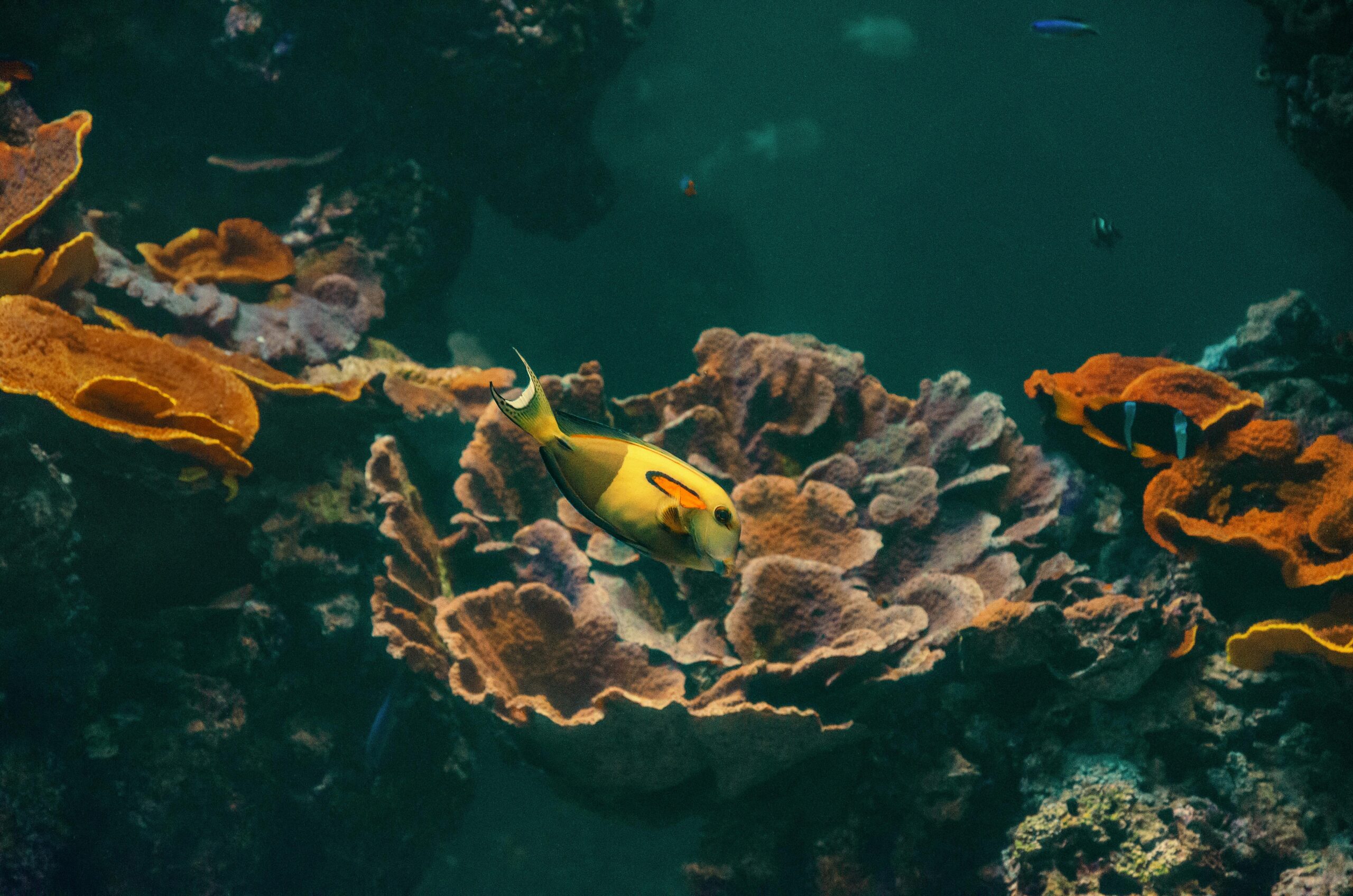The world’s oceans are in crisis, and our approach to managing fisheries must evolve rapidly to ensure both ecological health and food security for billions.
For centuries, humanity has treated the ocean as an inexhaustible resource, extracting fish without adequate consideration for the long-term consequences. Today, we face the stark reality of depleted fish stocks, collapsing ecosystems, and coastal communities struggling to maintain their traditional livelihoods. The challenge of transforming global fisheries governance has never been more urgent, requiring coordinated international action, innovative management approaches, and a fundamental shift in how we perceive our relationship with marine resources.
Global fisheries contribute approximately 17% of animal protein consumed worldwide, supporting the livelihoods of over 200 million people directly or indirectly. Yet, according to the Food and Agriculture Organization (FAO), more than 34% of global fish stocks are now overfished, while 60% are maximally sustainably fished, leaving minimal room for expansion. This precarious situation demands immediate and comprehensive reform of governance structures that have proven inadequate for the challenges of the 21st century.
🌊 The Current State of Global Fisheries Governance
International fisheries governance operates through a complex web of treaties, regional fisheries management organizations (RFMOs), national regulations, and customary practices. The United Nations Convention on the Law of the Sea (UNCLOS), established in 1982, provides the fundamental legal framework, defining maritime zones and establishing principles for resource management. However, this framework was created in a different era, before the full extent of overfishing and environmental degradation became apparent.
RFMOs represent the primary mechanism for managing transboundary and high seas fisheries, with organizations like the International Commission for the Conservation of Atlantic Tunas (ICCAT) and the Western and Central Pacific Fisheries Commission (WCPFC) tasked with setting catch limits and conservation measures. Despite their mandate, these organizations have consistently struggled with enforcement, political pressure from member states prioritizing short-term economic interests, and inadequate scientific data for informed decision-making.
The governance gap is particularly severe in areas beyond national jurisdiction, where approximately 10% of global catch originates. These high seas regions lack comprehensive oversight, creating opportunities for illegal, unreported, and unregulated (IUU) fishing that undermines conservation efforts and disadvantages legitimate operators. Estimates suggest IUU fishing accounts for up to 26 million tonnes annually, representing economic losses exceeding $23 billion and devastating impacts on vulnerable species and ecosystems.
Breaking Down the Barriers to Effective Management
Several interconnected challenges prevent the current governance framework from achieving sustainability goals. Understanding these obstacles is essential for designing effective solutions that address root causes rather than symptoms.
The Tragedy of the Commons at Sea 🎣
Marine resources suffer from the classic “tragedy of the commons” problem, where individual actors pursuing their rational self-interest collectively deplete shared resources. Without effective governance mechanisms that align individual incentives with collective sustainability, overfishing becomes economically rational for each fishing operation, even as it undermines the resource base for all. This dynamic is intensified by excess fishing capacity globally, with the world’s fishing fleets capable of catching several times what the oceans can sustainably produce.
Data Deficiencies and Scientific Uncertainty
Effective fisheries management requires robust scientific data on stock assessments, ecosystem dynamics, and the impacts of fishing practices. Unfortunately, many fisheries, particularly in developing countries, lack comprehensive monitoring systems. Even where data exists, scientific uncertainty about complex marine ecosystems makes setting appropriate catch limits challenging. Political pressures often exploit this uncertainty to justify higher quotas than scientists recommend, eroding the precautionary principle that should guide sustainable management.
Enforcement Challenges Across Vast Oceans
The sheer scale of the ocean makes monitoring and enforcement extraordinarily difficult. Illegal fishing operations take advantage of limited surveillance capacity, flag-of-convenience arrangements that obscure vessel ownership, and transshipment at sea that launders illegally caught fish into legitimate supply chains. Many coastal developing nations lack the resources for effective patrol and enforcement, while high seas areas remain largely unmonitored despite technological advances in satellite surveillance.
Conflicting Interests and Political Gridlock
Fisheries management inherently involves difficult trade-offs between conservation, economic interests, food security, and cultural traditions. These tensions play out in RFMOs and national policy arenas, where industrial fishing lobbies often wield disproportionate influence. Short political cycles encourage decision-makers to prioritize immediate economic benefits over long-term sustainability, while international negotiations frequently result in lowest-common-denominator compromises that fail to achieve conservation objectives.
Emerging Models for Transformative Governance 🔄
Despite these formidable challenges, innovative governance approaches are demonstrating that sustainable fisheries management is achievable when properly designed and implemented. These models provide valuable lessons for broader reform efforts.
Rights-Based Management and Catch Shares
Rights-based fisheries management systems allocate secure, long-term access rights to fishing operators, transforming incentives from a competitive race to fish toward stewardship of a valuable asset. Individual transferable quotas (ITQs) and territorial use rights for fisheries (TURFs) have proven successful in various contexts, reducing overcapacity, improving safety, and enabling fishing operations to optimize timing and methods rather than maximizing catch volume regardless of market conditions or weather.
Iceland’s comprehensive ITQ system, implemented in the 1980s, has contributed to the recovery of several previously depleted stocks while maintaining a profitable fishing industry. New Zealand’s quota management system similarly demonstrates how rights-based approaches can align economic incentives with sustainability. However, these systems require careful design to prevent quota concentration, ensure fair allocation, and protect small-scale fishers and coastal communities.
Ecosystem-Based Fisheries Management
Traditional single-species management approaches fail to account for complex ecological interactions, predator-prey relationships, and habitat dependencies. Ecosystem-based fisheries management (EBFM) takes a holistic view, considering entire marine ecosystems rather than managing fish stocks in isolation. This approach integrates considerations of bycatch, habitat impacts, climate change effects, and trophic cascades into management decisions.
The implementation of EBFM requires sophisticated ecological modeling, comprehensive monitoring programs, and management structures capable of adapting to ecosystem changes. The California Current Integrated Ecosystem Assessment represents one of the most advanced applications, informing management decisions with comprehensive ecosystem indicators and predictive models that account for climate variability and changing ocean conditions.
Co-Management and Community Engagement
Effective governance requires legitimacy and buy-in from fishing communities whose livelihoods depend on marine resources. Co-management approaches that involve fishers, local communities, indigenous groups, and other stakeholders in decision-making processes have demonstrated superior compliance, adaptive capacity, and equity outcomes compared to top-down regulatory approaches.
Community-based fisheries management in the Philippines, Japan’s fisheries cooperative system, and indigenous marine management in the Pacific Islands illustrate how local knowledge, cultural practices, and community monitoring can complement scientific management. These approaches are particularly valuable in data-poor contexts where conventional stock assessment is impractical, and they foster the social capital necessary for long-term stewardship.
Technology as a Catalyst for Governance Transformation 📱
Technological innovations are creating unprecedented opportunities for improving monitoring, enforcement, and compliance in fisheries management. These tools can help bridge governance gaps and enable more effective implementation of sustainable management principles.
Satellite-based vessel monitoring systems (VMS) and automatic identification systems (AIS) now provide near-real-time tracking of fishing vessel movements, making it possible to detect suspicious behavior indicative of IUU fishing. Artificial intelligence algorithms can analyze satellite imagery to identify fishing activity, even when vessels deliberately turn off tracking systems. Electronic monitoring systems using onboard cameras provide cost-effective observers for documenting catch composition, bycatch, and compliance with regulations.
Blockchain technology offers promising applications for supply chain traceability, making it possible to verify that seafood products originate from legal, sustainable sources. Several pilot programs are testing blockchain systems that track fish from catch to consumer, creating transparency that helps combat IUU fishing and enables consumers to make informed purchasing decisions supporting sustainability.
Digital platforms and mobile applications are also empowering small-scale fishers with access to market information, weather forecasts, and reporting systems that increase their participation in management processes. These technologies can help bridge the gap between informal, small-scale fisheries and formal governance systems, bringing previously unmanaged fisheries into sustainable management frameworks.
The Role of Market Forces and Consumer Demand 🛒
Market-based mechanisms and consumer preferences are increasingly influencing fisheries practices, creating economic incentives for sustainability that complement regulatory approaches. Seafood certification programs like the Marine Stewardship Council (MSC), Aquaculture Stewardship Council (ASC), and Fair Trade certification provide third-party verification of sustainable practices, enabling consumers to vote with their wallets.
Major seafood buyers, including retailers and restaurant chains, have made sustainability commitments that require their suppliers to meet specific standards. This market pressure creates a business case for sustainable fishing practices, particularly for export-oriented fisheries serving premium markets in North America and Europe. However, these market mechanisms have limitations, including costs that may exclude small-scale producers and limited impact on fisheries serving domestic markets in developing countries where sustainability premiums are minimal.
Traceability and transparency initiatives are gaining momentum, with consumers increasingly demanding information about where their seafood originates and how it was caught. This trend, amplified by concerns about labor abuses in some fishing operations, is driving supply chain reforms that improve governance by creating accountability throughout the seafood value chain.
Climate Change: The Multiplier of Governance Challenges 🌡️
Climate change is fundamentally altering marine ecosystems, shifting species distributions, changing productivity patterns, and creating new governance challenges. Ocean warming is causing many commercially important species to migrate toward the poles, crossing management boundaries and creating potential conflicts between nations. Ocean acidification threatens shell-forming organisms, with cascading effects throughout food webs. Changing ocean conditions are making historical data less reliable for predicting future stock dynamics, requiring more adaptive and precautionary management approaches.
Effective fisheries governance must now integrate climate adaptation, ensuring that management systems can respond to rapidly changing ecological conditions. This requires enhanced monitoring of oceanographic conditions, dynamic management approaches that can adjust quickly to shifts in species distributions, and international cooperation mechanisms to address transboundary movements of fish stocks. Some RFMOs are beginning to incorporate climate considerations into their decision-making processes, but progress remains insufficient given the pace of ocean change.
Building the Governance Framework for Tomorrow 🏗️
Transforming global fisheries governance requires coordinated action across multiple levels, from local communities to international institutions. Several key priorities emerge from successful examples and hard lessons learned from governance failures.
First, strengthening international cooperation through reformed RFMOs with enhanced enforcement powers, transparent decision-making processes, and binding commitments to science-based management. This includes closing loopholes that allow IUU fishing, implementing comprehensive port state measures, and establishing consequences for non-compliance that create genuine deterrence.
Second, empowering coastal developing nations with technical and financial support for building fisheries management capacity. Sustainable fisheries management requires investments in monitoring systems, scientific research, enforcement capacity, and alternative livelihood programs for communities transitioning away from overfishing. International development assistance and innovative financing mechanisms like blue bonds can help mobilize necessary resources.
Third, recognizing and protecting the rights of small-scale fishers and indigenous communities who often practice more sustainable fishing methods but lack political power in governance processes. This includes securing tenure rights, ensuring meaningful participation in decision-making, and designing regulations that account for the distinct characteristics of artisanal fisheries rather than imposing one-size-fits-all industrial management models.
Fourth, integrating fisheries governance with broader ocean governance initiatives, including marine protected areas, spatial planning, and conservation of areas beyond national jurisdiction. The recently adopted High Seas Treaty represents a significant step toward comprehensive ocean governance, but implementation will require sustained commitment and resources.
The Promise of Regenerative Fishing Practices 🌱
Beyond simply reducing fishing pressure to sustainable levels, emerging concepts of regenerative ocean farming and fishing practices aim to actively restore and enhance marine ecosystems. These approaches draw inspiration from regenerative agriculture, focusing on practices that rebuild ecosystem health, sequester carbon, and create resilient food systems.
Integrated multi-trophic aquaculture, selective fishing gear that minimizes ecosystem impacts, and fishing practices that support habitat restoration represent promising directions. While still in early stages of development and scaling, these regenerative approaches could transform fisheries from extractive industries to stewardship systems that enhance ocean health while producing food and livelihoods.

Charting the Course Forward: Action and Accountability ⚓
The transformation of global fisheries governance is not merely a technical challenge but a moral imperative that will define our legacy for future generations. The ocean’s capacity to provide food, regulate climate, and support biodiversity depends on our collective willingness to prioritize long-term sustainability over short-term extraction.
Progress requires action from diverse stakeholders. Governments must demonstrate political courage to implement science-based catch limits, even when politically unpopular, and invest in enforcement capacity that creates credible deterrence against illegal fishing. International organizations need reform to become more responsive, transparent, and effective. The fishing industry must embrace sustainable practices as essential to its own long-term viability, not merely compliance burdens.
Consumers wield significant power through their purchasing decisions, supporting sustainable fisheries and demanding transparency in seafood supply chains. Civil society organizations play crucial roles in advocacy, monitoring, and holding governments and industry accountable. Scientists must continue advancing our understanding of marine ecosystems while communicating clearly about both knowledge and uncertainty.
The pathway to sustainable fisheries is neither simple nor quick, requiring sustained commitment across decades. However, successful examples from around the world demonstrate that recovery is possible when effective governance is implemented and maintained. Fish stocks can rebuild, ecosystems can recover resilience, and fishing communities can thrive when management aligns biological, economic, and social sustainability.
The ocean has sustained humanity for millennia, providing sustenance, livelihoods, and countless ecosystem services. Our generation faces the critical choice: continue destructive practices that threaten this inheritance, or embrace the transformative governance changes necessary to ensure healthy oceans and abundant fisheries for centuries to come. The evidence is clear, the tools are available, and the imperative is undeniable. Now we must summon the collective will to reel in the changes our future depends upon.
Toni Santos is a transpersonal psychology researcher and consciousness writer exploring how inner transformation, archetypal integration, and mindful relationships shape the evolution of the human spirit. Through his studies on shadow work, emotional alchemy, and self-realization, Toni examines how awareness becomes the bridge between psychology and spirituality in the path of awakening. Passionate about the convergence of inner science and contemplative practice, Toni focuses on how ancient wisdom and modern psychology can coexist to support healing, purpose, and expanded consciousness. His work highlights the balance between introspection, integration, and collective evolution — revealing that awakening is both personal and universal. Blending depth psychology, mythology, and consciousness studies, Toni writes about the symbolic patterns and inner journeys that define the human experience. His reflections invite readers to approach spirituality not as escape, but as embodiment — a living dialogue between the self, the shadow, and the sacred. His work is a tribute to: The transformative power of self-awareness and inner healing The union of psychology, spirituality, and archetypal wisdom The path of integration as the essence of human awakening Whether you are a seeker, therapist, or student of consciousness, Toni Santos invites you to explore the evolution of the inner world — one archetype, one realization, one awakening at a time.




